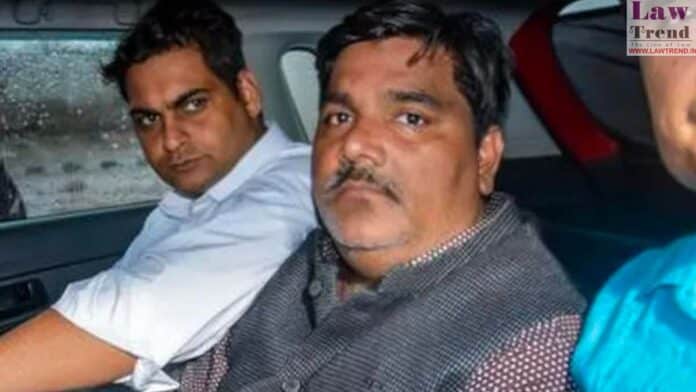The Delhi High Court on Friday dismissed the fifth bail plea of former Aam Aadmi Party (AAP) councillor Tahir Hussain in the murder case of Intelligence Bureau staffer Ankit Sharma during the February 2020 northeast Delhi riots, terming the allegations against him “extremely grave” and a “gruesome manifestation” of a larger conspiracy.
Justice Neena Krishna Bansal, while refusing relief, observed that the killing of Sharma was not an “ancillary crime,” but part of a “premeditated and well-orchestrated conspiracy” to escalate anti-CAA/NRC protests into widespread communal riots during the visit of the then U.S. President.
The court noted that Sharma, who suffered 51 injuries, was dragged by a mob, brutally murdered, and his body dumped in the Khajuri Khas drain on February 25, 2020.
“Viewing this incident as an off-shoot of the larger conspiracy is essential to appreciate its full gravity and the prima facie role of the applicant (Hussain) within it,” the order stated.
Hussain’s residence in Chand Bagh was described as a “fort” and “operational base” from where attacks on the Hindu community were allegedly launched. The court highlighted the recovery of stones, petrol bombs, acid, and slingshots from his rooftop, along with eyewitness testimonies of their use during the violence.
The prosecution alleged that Hussain, acting as a key figure, deliberately shifted his family before the violence, while his house became a hub for organising riots. The conspiracy aimed to incite communal violence, propagate a misleading narrative against the CAA/NRC, and attract international attention during a high-profile diplomatic visit.
The court stressed that Sharma’s murder could not be seen as a standalone act but as a direct and foreseeable consequence of the planned conspiracy.
Hussain’s argument of prolonged trial was rejected as the court noted the case was at its final stage.
“Long incarceration in itself ought not to lead to enlargement on bail when the facts prima facie show involvement in grave and serious offences. In cases involving large-scale communal riots, threatening the unity, integrity, and sovereignty of the country, the interest of national security and public order must be balanced against individual rights,” Justice Bansal observed.
The court also took note of Hussain’s alleged attempt to influence a prosecution witness through his son in related cases arising out of the riots.
Communal violence erupted in northeast Delhi on February 24, 2020, leading to the deaths of at least 53 people and injuries to hundreds. Ankit Sharma’s father had reported him missing on February 25, and later learnt that his son’s body had been dumped in the drain near Chand Bagh Pulia. Four other accused have also been named as part of the violent mob that killed Sharma.
Hussain has been in judicial custody since March 16, 2020.




